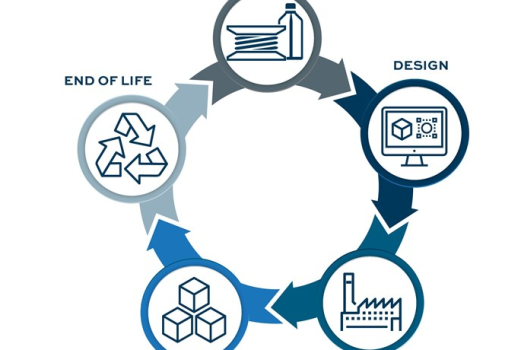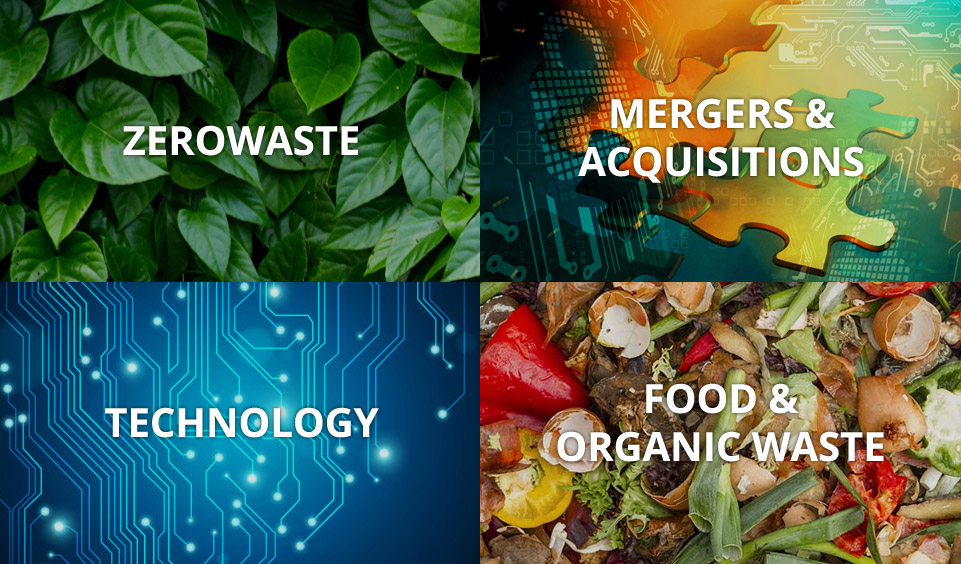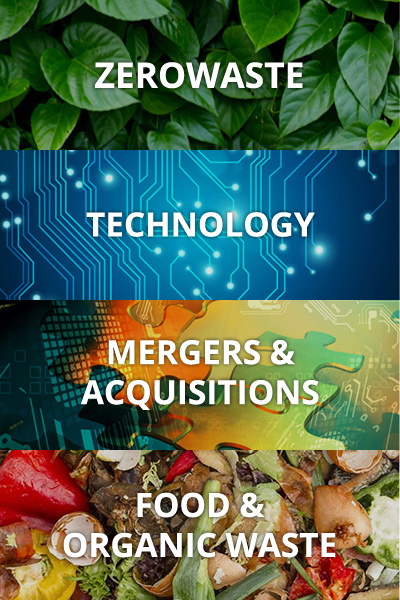Dive Brief:
- Attorneys general have a significant role to play in holding major polluters accountable for the current “global plastic crisis,” said California Attorney General Rob Bonta during an Environmental Law Institute seminar Thursday.
- Bonta highlighted his ongoing investigation into the role major companies like ExxonMobil Corp. and other petroleum companies may play in plastic pollution and discussed how attorneys general in 10 states are calling for the federal government to stop purchasing single-use plastic items.
- Governments must provide support to low-income fenceline communities that most acutely experience pollution effects, and they must invest more money in laboratories and scientific research to “bring about new technology and the newest approaches” to climate change, he added.

Dive Insight:
Bonta has been leading other attorneys general in speaking out about plastic recycling topics in recent months, a notable effort given California’s size and active legislation on recycling issues.
Bonta previously announced in April that he would investigate fossil fuel and petrochemical industries “for their role in causing and exacerbating” plastic pollution. The investigation will look into whether companies like ExxonMobil and others used “an aggressive — and deceptive — marketing and advertising campaign” meant to mislead the public about how much plastic could be recycled in the country, he said during the seminar. It’s the first such investigation of its kind in the U.S., he said.
Bonta said the country cannot rely solely on the private market to address pollution or to support fenceline communities that experience pollution most acutely. Though public-private partnerships can play a role in making change, “the public [sector] needs to take the leading role because it’s a public challenge and a public health emergency,” he said.
Bonta has since issued a subpoena to ExxonMobil, but the company calls the allegations “meritless.” The American Chemistry Council, PLASTICS and other industry groups have also said the investigation is unfair. ACC in a statement said “America’s plastic makers are committed to a more sustainable future” and said it’s involved in supporting numerous plastics recycling efforts.
Bonta did not mention a timeline for the investigation during his speech, but he added that it is “one piece of a larger puzzle” that also includes partnering with other attorneys general on other plastic reduction efforts.
Bonta and a group of 10 attorneys general sent a letter to the General Services Administration Sept. 6, urging the federal government to “set a realistic but aggressive deadline” to phase out purchases of single-use plastic products. “To date, the federal government has failed to meaningfully address the global plastics pollution crisis” while the country remains a top generator of plastic waste, they wrote. Attorneys general in District of Columbia, Massachusetts, Connecticut, Delaware, Illinois, Maryland, Minnesota, Oregon, Vermont, and Washington, as well as the City of New York, jointly filed the letter.
Federal lawmakers have made similar calls to the GSA, most recently in a Sept. 22 letter signed by 63 lawmakers.
Meanwhile, Connecticut’s attorney general William Tong recently sued Reynolds Consumer Products over recyclability claims related to the company’s Hefty bags.
He also called for more resources for the scientific community to continue gathering data on plastic pollution. He highlighted last year’s National Academies of Sciences report detailing the United States’ role in contributing to ocean plastic pollution, a report requested by Congress as part of the passage of Save Our Seas 2.0. During the event, Bonta recognized Margaret Spring, the chief conservation and science officer at the Monterey Bay Aquarium, for her work chairing the committee.
Bonta also called attention to the role of state policy in waste prevention. He highlighted California’s “truth in labeling” law, passed in 2021, as an important way to prevent false recyclability claims. He also applauded the passage of SB 54 earlier this summer as a comprehensive piece of legislation meant to hold producers responsible for their packaging.



